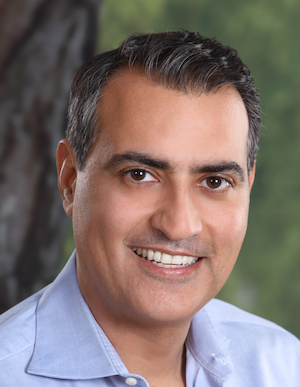epidemiologists
See the following -
Upgrading the PULSE Emergency Response Tool to a Community Edition
 Seven years ago the Office of the National Coordinator for Health Information Technology (ONC) began work on the Patient Unified Lookup System for Emergencies (PULSE). PULSE is an effort to create national resilience by improving first responder access to patient electronic health information they need to provide services and ensure public health during disasters, including public health emergencies. Recently, ONC launched a new, code-only technical solution called PULSE-Community Edition (PULSE Community) that builds on the original PULSE code. PULSE Community enables first responders and other response personnel (e.g., epidemiologists, emergency medical services, and health care volunteers) to securely access vital health information they need during emergencies and disasters from connected health care organizations.
Seven years ago the Office of the National Coordinator for Health Information Technology (ONC) began work on the Patient Unified Lookup System for Emergencies (PULSE). PULSE is an effort to create national resilience by improving first responder access to patient electronic health information they need to provide services and ensure public health during disasters, including public health emergencies. Recently, ONC launched a new, code-only technical solution called PULSE-Community Edition (PULSE Community) that builds on the original PULSE code. PULSE Community enables first responders and other response personnel (e.g., epidemiologists, emergency medical services, and health care volunteers) to securely access vital health information they need during emergencies and disasters from connected health care organizations.
- Login to post comments
Using the Latest Advances in Data Science to Fight Infectious Diseases
 One of the most dramatic shifts in recent years that is empowering epidemiologists to be more effective at their jobs is occurring due to improvements in data technologies. In the past, the old "relational" data model dictated that data had to be highly structured, and as a result treated in distinct silos. This made it difficult, if not impossible, to analyze data from multiple sources to find correlations. Epidemiologists would spend many minutes or even hours on each query they ran to get results back, which is unacceptable when you need to test dozens of hypotheses to try to understand and contain a fast-moving outbreak. (Imagine how you would feel if each one of your Google searches took 45 minutes to return!) By contrast, using newer technologies, the same queries on the same hardware can run in seconds. Read More »
One of the most dramatic shifts in recent years that is empowering epidemiologists to be more effective at their jobs is occurring due to improvements in data technologies. In the past, the old "relational" data model dictated that data had to be highly structured, and as a result treated in distinct silos. This made it difficult, if not impossible, to analyze data from multiple sources to find correlations. Epidemiologists would spend many minutes or even hours on each query they ran to get results back, which is unacceptable when you need to test dozens of hypotheses to try to understand and contain a fast-moving outbreak. (Imagine how you would feel if each one of your Google searches took 45 minutes to return!) By contrast, using newer technologies, the same queries on the same hardware can run in seconds. Read More »
- Login to post comments
2019 CSTE Annual Conference
The CSTE Annual Conference connects more than 1,700 public health epidemiologists from across the country and will include workshops, plenary sessions with leaders in the field of public health, oral breakout sessions, roundtable discussions, and poster presentations. Conference attendees meet and share their expertise in surveillance and epidemiology as well as best practices in a broad range of areas including informatics, infectious diseases, substance use, immunizations, environmental health, occupational health, chronic disease, injury control, and maternal and child health.
- Login to post comments